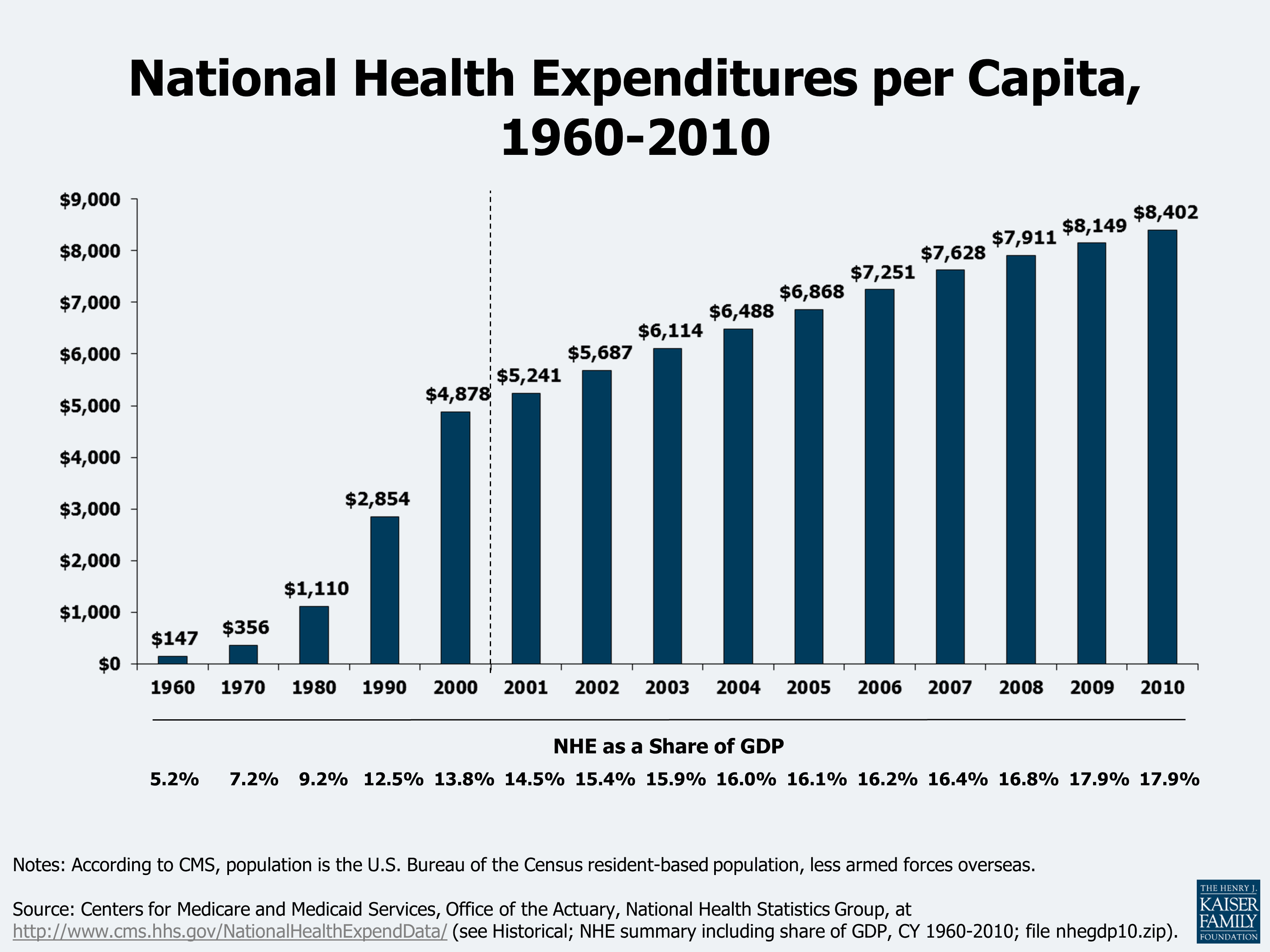High Government Expenditures: Paving the Road to Macroeconomic Crisis?
Excessive government spending often stems from a well-intentioned desire to address social issues and stimulate economic growth. However, when spending outpaces revenues, governments resort to borrowing, accumulating debt, and potentially setting the stage for a macroeconomic crisis. This cycle can become entrenched, with mounting debt requiring even higher levels of spending to pay interest payments and maintain existing programs.
The Burden of Debt: A Weight on Taxpayers and Future Generations
As government debt accumulates, it places a heavy burden on taxpayers, who must bear the responsibility of repaying it. This burden can manifest in higher taxes, reduced public services, or a combination of both, potentially eroding the quality of life for citizens. Moreover, the intergenerational consequences of high government debt are profound, leaving future generations with a diminished ability to invest in their own future.
Inflation: A Thief of Purchasing Power
Excessive government spending can also fuel inflation, a persistent rise in the prices of goods and services. As government spending increases the supply of money in the economy, its value decreases, leading to higher prices. Inflation erodes the purchasing power of citizens, making it harder to afford basic necessities and undermining the stability of the economic system.

Image: www.kff.org
Crowding Out Private Investment: Stifling Economic Growth
High government spending can also have a detrimental effect on private investment. When governments borrow heavily, they compete with businesses for loanable funds, driving up interest rates. This can make it more expensive for businesses to invest in new projects, potentially hindering economic growth and innovation.
The Dangers of Fiscal Irresponsibility: Lessons from History
Numerous historical examples demonstrate the devastating consequences of uncontrolled government spending. The Roman Empire’s excessive spending and subsequent currency devaluation played a significant role in its downfall. Similarly, Argentina’s hyperinflationary crisis in the late 20th century resulted from years of irresponsible government spending.
A Path to Fiscal Prudence: Responsible Spending and Sustainable Policies
Avoiding the pitfalls of high government expenditures requires a commitment to responsible spending and sustainable policies. This involves:
- Balancing Expenditures and Revenues: Governments should strive to keep their spending within their means, avoiding excessive reliance on borrowing.
- Prioritizing Essential Services: Spending should focus on essential public services, such as healthcare, education, and infrastructure, ensuring that resources are allocated efficiently.
- Enacting Sound Fiscal Policies: Governments can implement fiscal rules and frameworks to promote transparency and accountability in their spending decisions.
High Government Expenditures Can Lead To A Bigger
Conclusion
While government spending is an indispensable tool for promoting societal well-being, excessive expenditures can have far-reaching negative consequences. Understanding the potential perils of high government spending empowers individuals and policymakers to advocate for responsible fiscal policies. By embracing a path of fiscal prudence, we can safeguard macroeconomic stability, foster economic growth, and secure a brighter future for our communities and generations to come.
